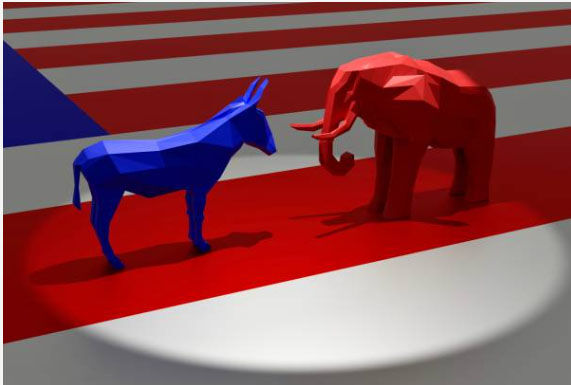Denver Gazette: Loan forgiveness — wrong policy and message

As reported by The Gazette, some 770,000 Coloradans who hold federal student loans would be eligible for the Biden administration’s terribly misguided policy announced last week canceling student loan debt.
Each borrower could see up to $10,000 of their student loan debt forgiven under the plan — $20,000 if they are Pell Grant recipients. The respected Penn Wharton Budget Model of the University of Pennsylvania’s Wharton School of Business estimates it will cost taxpayers $519 billion over the next 10 years. According to the National Taxpayers Union, the average burden per U.S. taxpayer will be $2,503.22. The organization’s Andrew Lautz aptly called it a “transfer of wealth from the society at large to people who borrowed to go to college …”
There are at least three fundamental flaws with student loan forgiveness on any scale — and certainly one this sweeping:
- We can’t afford it. Amid surging inflation for the first time in decades, and on the heels of epic federal spending amid the pandemic, hard-pressed taxpayers now will have to dig even deeper into their pockets to foot the bill for more fiscal recklessness. Do the math — $7.7 billion of Colorado student debt written off vs. the $9.2 billion Colorado taxpayers will fork over — and it’s a net loss for our state. If a lot of the state’s student loan holders are Pell Grant recipients and qualify for the higher, $20,000 write-off, it’s still at best a wash for Coloradans overall. Meanwhile, the national debt continues to balloon.
- It fosters irresponsibility. It teaches students and new entrants into the job market the opposite of what their parents had tried to instill in them — to avoid new debt and to repay what they already owe. Now, they’ll be all the more inclined to take on more of it. And subsequent waves of college students will take out student loans almost with a wink — assuming Uncle Sam won’t really want the money back.
- It feeds the beast. By most measures, higher ed tuition across the country, on average, has risen far faster than the national inflation rate. The more debt students take on, the more it subsidizes those tuition hikes. Instead of implementing structural reforms to lower the basic cost of delivering higher education — starting with scaling back their bloated, highly paid bureaucracies — colleges and universities can count on students to borrow more and pass the tab to taxpayers.
The Gazette’s Jimmy Sengenberger connected the dots in his column on Friday.
“The economic literature is clear that the student loan crisis directly results from the proliferation of loans and grants, which encourages more spending on college as young borrowers don’t realize the costs until after they graduate and the bill comes due.
“Now that Biden is about to forgive debt, it’ll only get worse. With all these Biden Bucks available, why shouldn’t incoming students expect their loans will eventually be canceled?
“While colleges bring out the champagne, eager to raise tuition ever more, 18-year-olds will have every reason to be even more reckless and take out more loans. Alternatively, the inevitable sticker shock might actually price out low-income students from even applying for college.”
In a nutshell, the Biden write-off of student debt grows the federal deficit, avoids needed reforms in higher ed and sends students the wrong message. We are digging a hole, in other words, and refilling it with our tax dollars.
Denver Gazette Editorial Board












